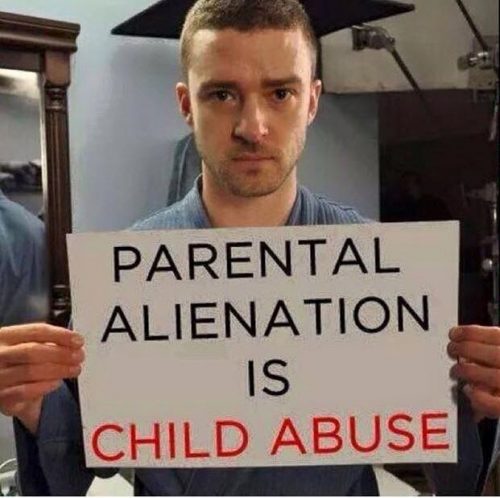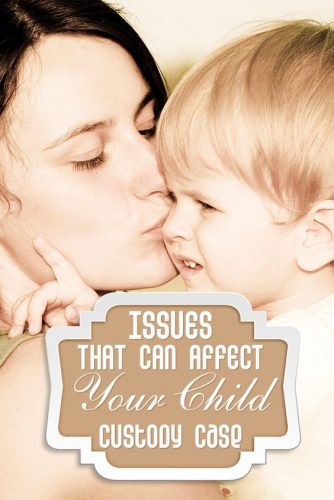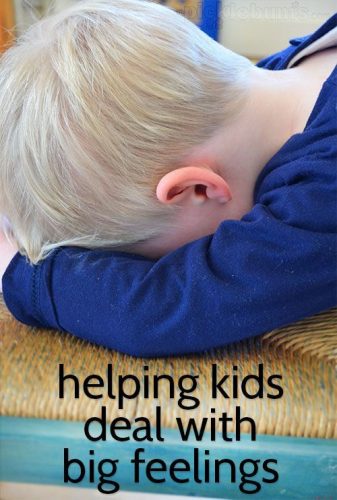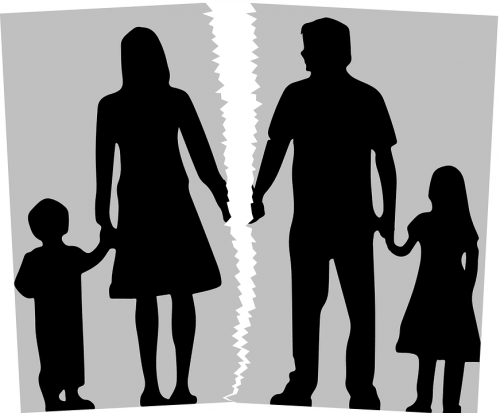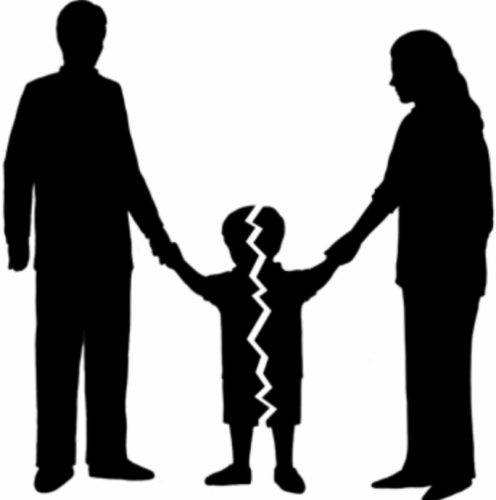
Some parents have to deal with a difficult decision in their lives. They have to leave their children to the other parent or other relatives. It can to divorce, financial reasons where a parent has to work someplace else, or some personal reason.
The absence of a parent can make the child’s feelings and emotions vulnerable. Edward Kruk, PhD, explained, “Fatherless children have more difficulties with social adjustment, and are more likely to report problems with friendships, and manifest behavior problems; many develop a swaggering, intimidating persona in an attempt to disguise their underlying fears, resentments, anxieties and unhappiness.”
It is vital that they are not left with people who have ill-feelings toward the parent. If this happens, they can manipulate the child to hate or have a negative thought about the parent.
If you have experienced or are experiencing parental alienation, there are simple ways you can do to reclaim your place in your child’s life.
Make Time
David J. Palmiter Jr., PhD, noted that the time parents set aside for their children only comes after all of life’s other obligations. He said, “We often treat our relationships—which are like orchids—like a cactus, and then when inevitably the orchid wilts or has problems, we tend to think that there’s something wrong with the orchid.”
Time is a crucial factor in every relationship. We need time to cultivate trust and love, just like growing a flower. You need to devote your time and effort to see it bloom beautifully. Set a date and time every week. Pick an activity that your kid loves, like watching a movie, watching a football game, or anything that would bring happiness to him.
Set Distance

Some children, especially teens, may enjoy more time with friends. Adolescence
Respect Privacy
We all need privacy, and it’s one thing you need to give your child. “Establishing these personal spaces means setting up boundaries which other people may not cross without permission. Since that includes parents, negotiating those boundaries is a major challenge in the parent-child relationship,” wrote Romeo Vitelli, PhD.
It is a way of showing your trust. If you are troubled by something like cigarette smoke in his clothes, it is better to address him directly instead of talking to his guardian or other people close to him. Give him the authority to defend and stand up for himself.
Inquire Opinion
Ask for your child’s opinion whenever you have to make significant decisions in life. Make him feel that his thoughts and feelings do matter. Support his dreams and interests and never impose on something you want if it’s not what they want. Be a supportive parent, but be sure to help them distinguish right from wrong.
Promote Positivity
Be a good role model. Show your child that you deserve to be his parent. Be someone you would want him to be. You should be a positive influence that inspires him, not a shadow that will terrorize him. Be yourself but better. Make an effort to make your child want to spend time with you. Never give him any reason to avoid you.

Reclaiming your role as a parent is challenging when there’s parental alienation. Children’s minds are fragile. They develop and build their foundation based on the thoughts they are fed with, but you could always prove them wrong, especially if the people who want to turn him against you are just doing it to despise you.
It is a battle not only for yourself, but think of it as saving your child from being drowned in an environment that compromises his potential for goodness. Be the best parent and redeem your place. Cultivate love but always demand respect.

